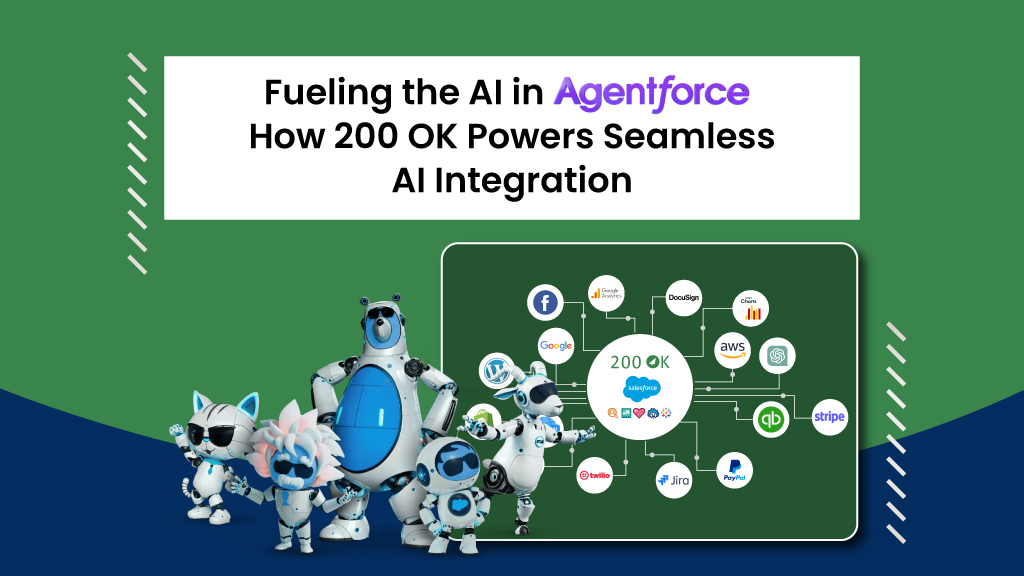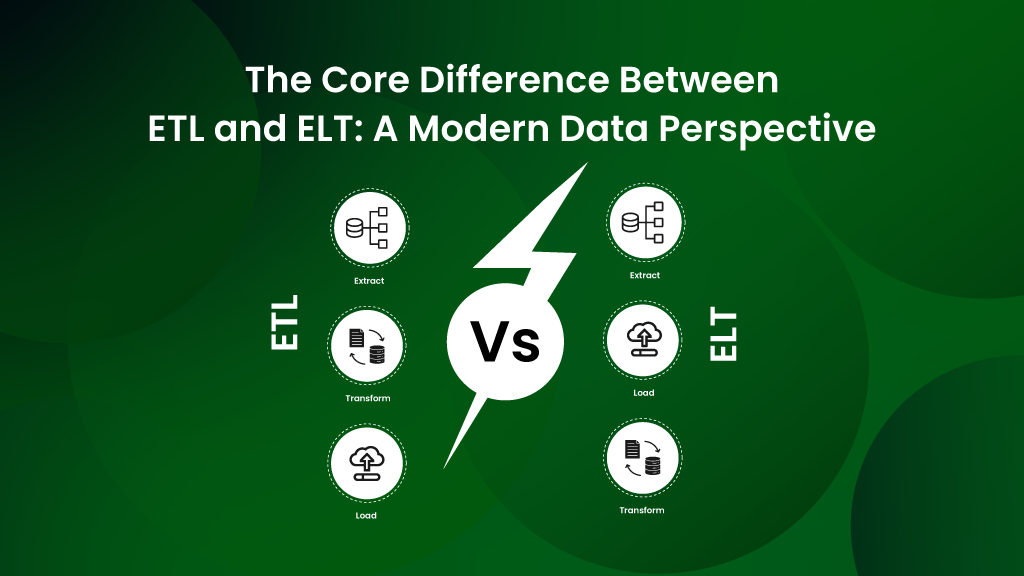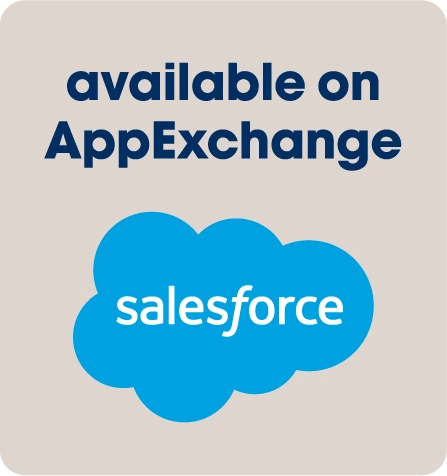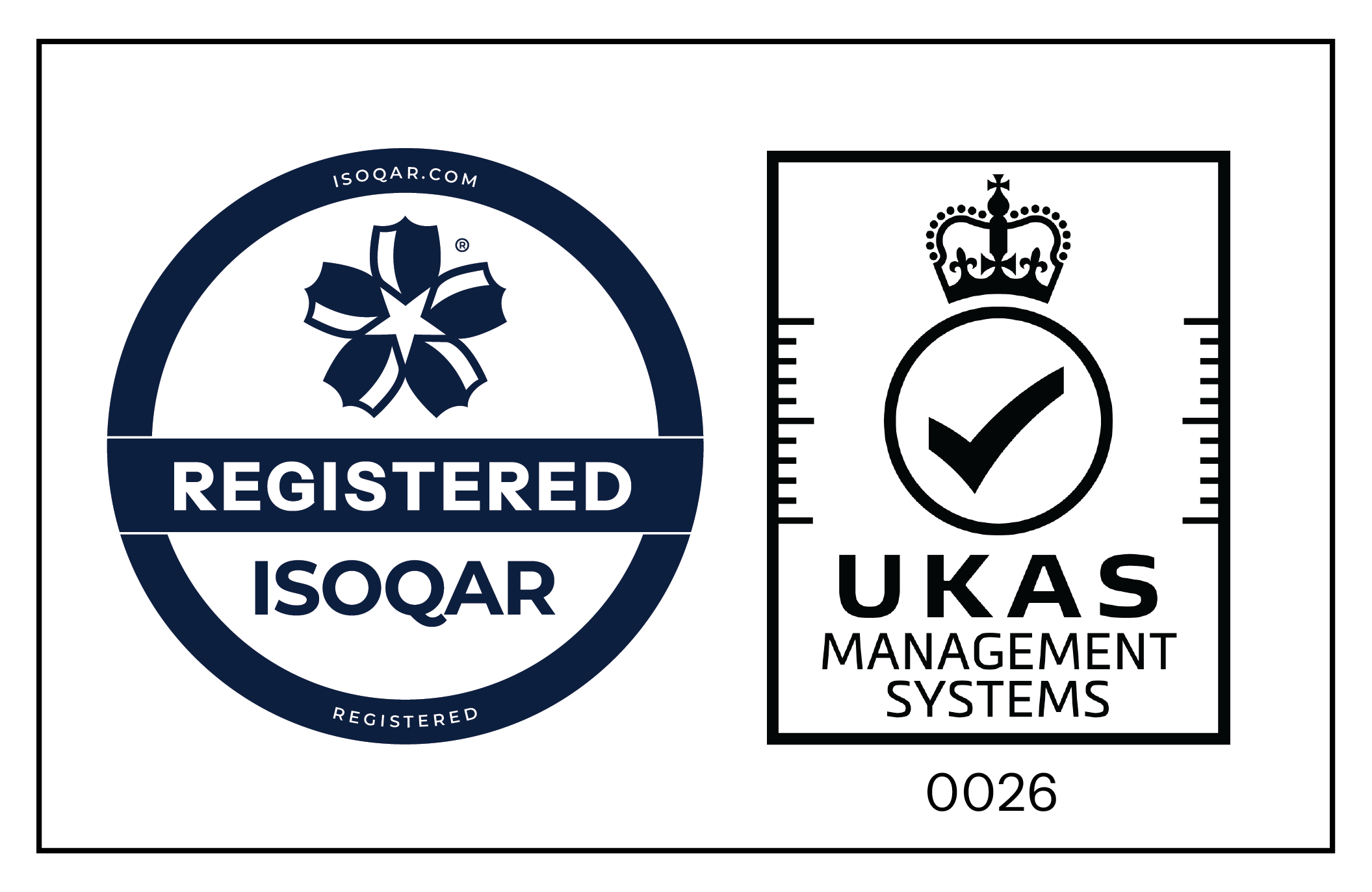Introduction:
In today’s data-driven business landscape, seamless integration of data across systems and applications is critical for maximizing operational efficiency and gaining valuable insights. However, data integration can be a complex and challenging process if not approached strategically. In this blog post, we will explore the best practices for successful data integration and how partnering with 200 OK can help you unlock your business potential.
Define Clear Objectives:
Before embarking on a data integration project, it is crucial to define clear objectives. Determine the specific goals you aim to achieve through data integration, such as improving data accuracy, streamlining business processes, or enhancing decision-making capabilities. Clearly defined objectives will guide the entire integration process and ensure alignment with your business goals.
Assess Data Quality:
Data quality is paramount for successful integration. Before integrating data, assess its quality, completeness, and consistency. Identify and resolve any data issues, such as duplicates, missing values, or inaccuracies. By ensuring data integrity, you lay a solid foundation for reliable and meaningful insights.
Plan for Data Mapping:
Data mapping involves defining the relationships and transformations between source and target data structures. Take time to understand the structure, format, and semantics of your data sources and map them to the desired target format. Effective data mapping ensures that data is accurately transformed and transferred between systems during integration.
Establish Data Governance:
Implementing proper data governance practices is crucial for maintaining data integrity and compliance. Define data ownership, establish data quality standards, and implement security measures to protect sensitive information. Data governance ensures that data integration processes adhere to regulatory requirements and industry best practices.
Leverage Data Integration Tools:
Partnering with 200 OK for data integration provides access to robust data integration tools and technologies. Their expertise in Integration Platform as a Service (iPaaS) solutions enables you to leverage powerful integration capabilities, including pre-built connectors, data transformation functionalities, and real-time data synchronization. These tools streamline the integration process and enhance data connectivity across systems.
Ensure Scalability and Flexibility:
As your business grows, so does your data integration needs. Choose an integration partner like 200 OK, who offers scalable solutions capable of handling increased data volumes and accommodating future system expansions. Scalable integration capabilities allow for seamless growth and adaptability to changing business requirements.
Test and Validate Data Integration:
Thoroughly test and validate your data integration processes before deployment. Conduct end-to-end testing to ensure that data flows correctly between systems, data transformations are accurate, and system functionalities remain intact. Validation guarantees that the integrated data meets your desired outcomes and business needs.
Monitor and Maintain Integration:
Data integration is an ongoing process that requires regular monitoring and maintenance. Continuously monitor data flows, identify and resolve any issues promptly, and optimize integration performance. Proactive monitoring ensures data accuracy, system stability, and uninterrupted data access across applications.
Conclusion:
Successful data integration is crucial for unlocking your business potential and gaining a competitive edge. By following best practices such as defining clear objectives, assessing data quality, planning data mapping, and implementing effective data governance, you can ensure a seamless and reliable integration process. Partnering with 200 OK provides access to their robust data integration tools, expertise, and scalable solutions, empowering you to streamline operations, make informed decisions, and accelerate your business growth through efficient data integration.







